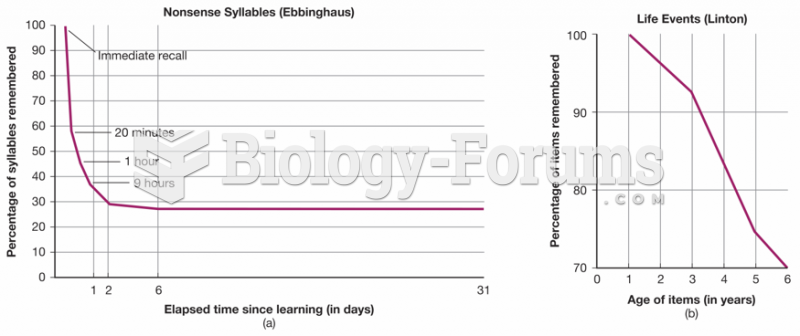Answer to Question 1
a. A mastery goal is a desire to acquire new knowledge or skills. A performance goal is a desire either to look good and receive favorable judgments (a performance-approach goal) or else not to look bad and be judged poorly (a performance-avoidance goal).
b. The response should include at least four of the differences listed in Table 6.2 of the textbook.
c. The response should include three strategies for promoting mastery goals. The textbook specifically identifies the following strategies as ways to promote mastery goals:
Present subject matter that students find valuable in and of itself.
Relate subject matter to students' present and/or future needs and goals.
Insist on meaningful learning and true understanding rather than rote learning.
Give specific feedback about how students can improve.
Encourage students to use their peers not as a reference point for their own progress, but rather as a source of ideas and help.
However, strategies that promote interest and other forms of intrinsic motivation are also acceptable. Following are examples:
Capitalize on students' existing interests.
Model your own interest in and enthusiasm for the subject matter.
Get students actively involved with the subject matter (e.g., with hands-on activities or class discussion.)
Include novelty, variety, fantasy, or mystery in classroom materials and/or procedures.
Encourage identification with prominent figures in history or fictional characters in literature.
Present inconsistent or discrepant information.
Occasionally let students make choices about what they want to study.
Encourage students to set goals that are challenging yet achievable.
Show students that they are making progress.
Acknowledge that effective learning requires exerting effort and making mistakes.
Encourage students to use their errors to help them learn.
Each of the three strategies described should be illustrated with a concrete example involving something a teacher might reasonably do.
Answer to Question 2
Some motivation theorists propose that people have a strong need to protect their general sense of competencethat is, to protect their sense of self-worth. In some cases people engage in behaviors that actually undermine their chances of success, but such behaviors enable them to maintain their sense of self-worth even as they are failing; this phenomenon is known as self-handicapping. Examples of self-handicapping include the following (the response should include at least two of these or offer two plausible alternatives):
Reducing effort, to the point where success is highly unlikely
Misbehaving in class
Setting such high goals that even the most capable individual could not attain them
Taking on so many tasks that it is impossible to complete them all
Procrastinating, putting off a task until success is virtually impossible
Cheating on tests or assignments
Using alcohol or drugs that will almost certainly reduce performance







